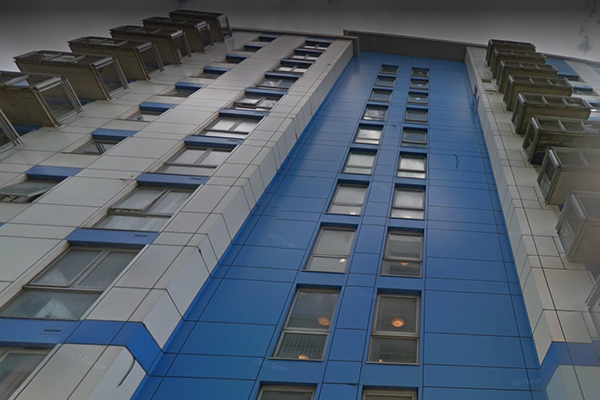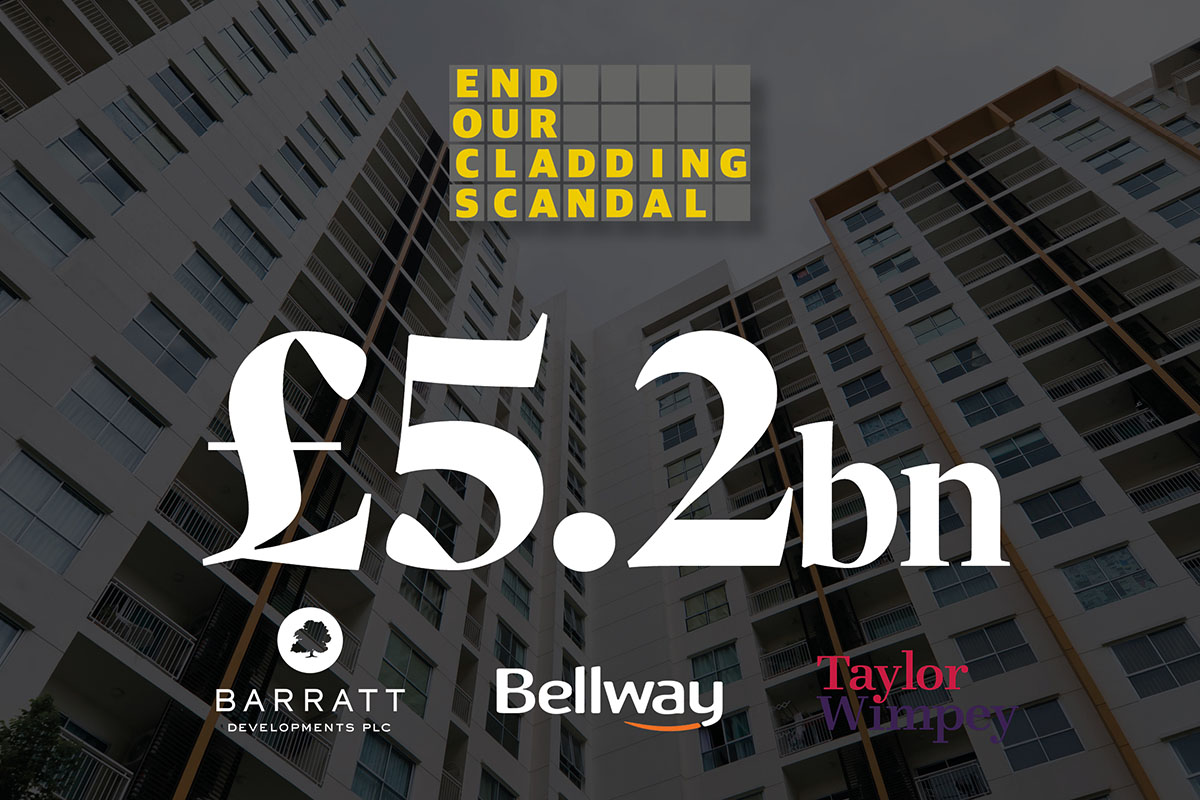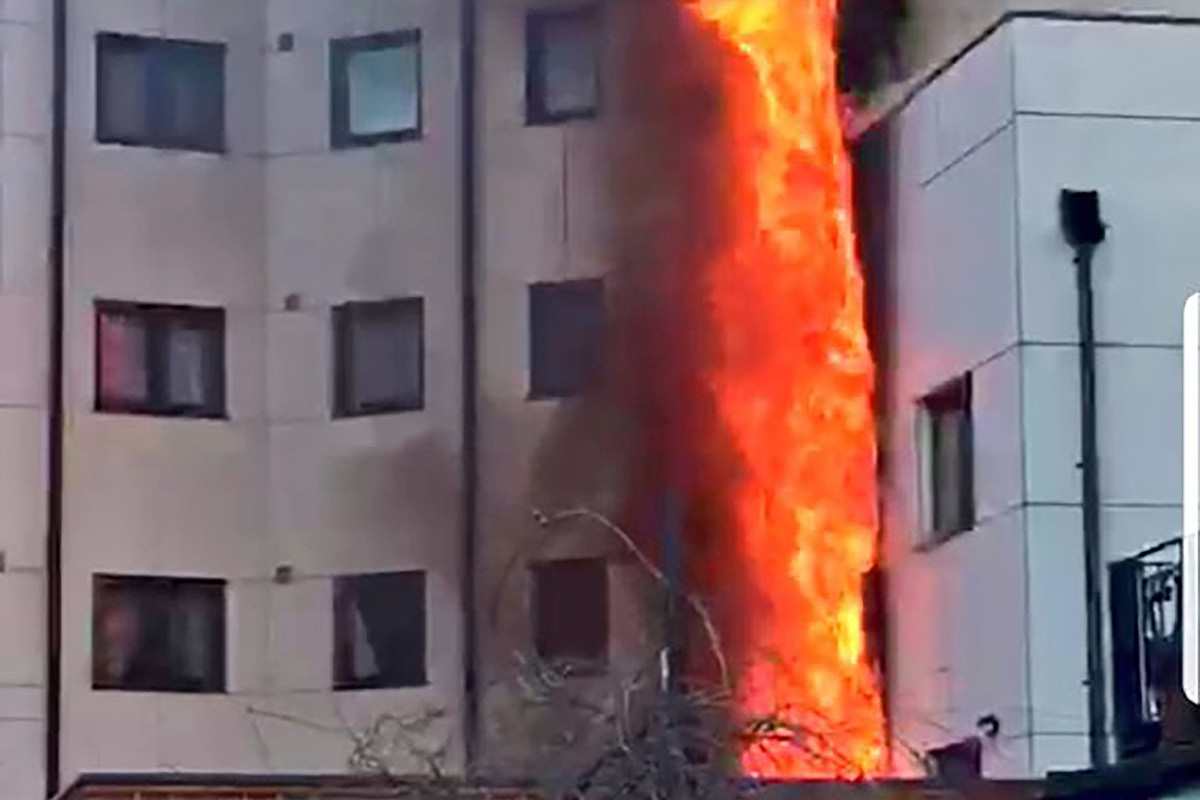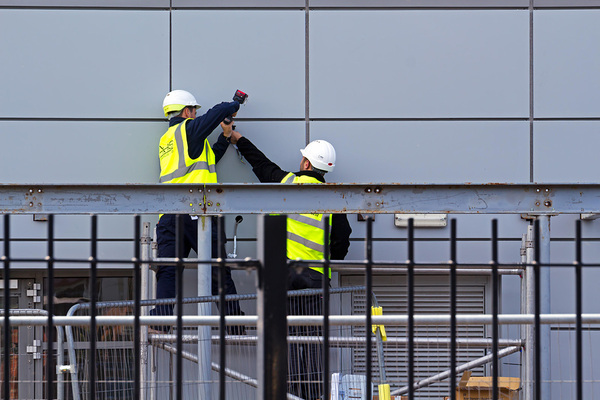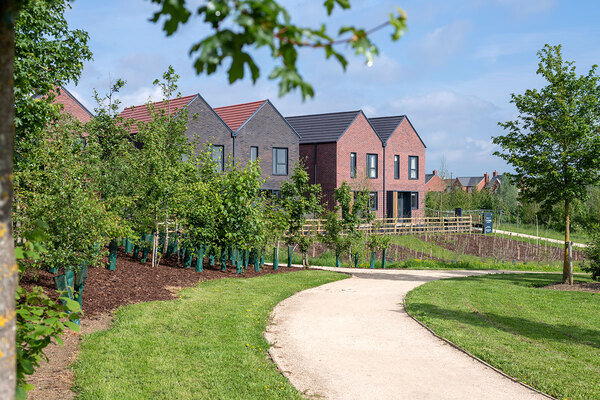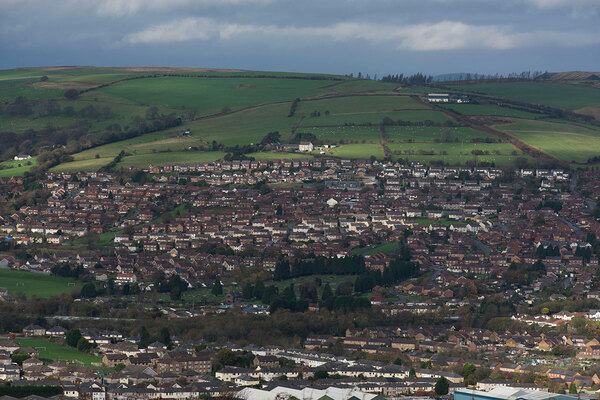You are viewing 1 of your 1 free articles
UK’s biggest house builders set aside £500m for building safety remediation
The UK’s largest house builders have set aside nearly half a billion pounds to address fire safety issues on their buildings, Inside Housing analysis has found.
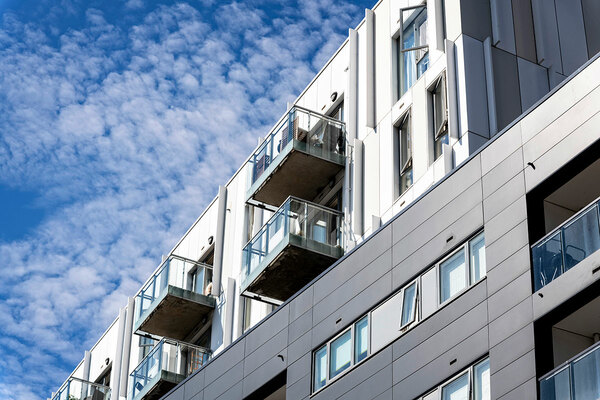
A total of £494.5m has been set aside by six of the country’s largest 10 builders to address building safety issues discovered in the aftermath of the Grenfell Tower tragedy in 2017.
The developers that responded to Inside Housing were Taylor Wimpey, which has set aside £165m; Bellway, which has provided £131.6m; and Barratt, which has contributed £82m. Persimmon (£75m), Vistry Partnerships (£20.9m) and Redrow (£20m) also confirmed the amounts they have put aside for the works.
However, Berkeley Group, Crest Nicholson and Countryside would not comment on how much they were providing. McCarthy Stone said it would fund remediation costs on a small number of buildings that are taller than 18m, but did not say how much funding would be used.
Taken together, the developers contacted achieved profits of £2.66bn in the latest financial year alone.
So far the government has put forward £5bn for building safety remediation and said it will introduce a levy on new build projects, which aims to claw back £2bn in total. Under plans announced last week, the government said the levy would only apply to developers with profits over £25m.
Despite this extra funding, thousands of leaseholders across the country are facing crippling bills to pay for remediation of fire safety defects.
The cost and scale of the building safety crisis is thought to be far beyond the amount provided by both the government and industry so far, with estimates ranging from £15bn to £50bn.
Leaseholders were dealt a major blow last week when the government pushed through the Fire Safety Bill without amendments to prevent leaseholders from picking up building safety costs, despite a number of interventions by the House of Lords.
Cladding campaigners said that while the half a billion pound figure seemed like a lot of money, it was not when set put next to the huge profits these builders made. They added that the money contributed was largely just "brand marketing".
Taylor Wimpey said in its accounts, published in March, that it would be putting £125m it towards remedial work. It said this would cover a wider scope of buildings to a previous £40m fund to cover aluminium composite material cladding on high-risk buildings taller than 18m.
“We are confident that these provisions have been calculated conservatively and do not expect to set aside further funds in future,” a spokesperson for the builder said.
Similarly, since 2017, Bellway has issued two separate funding pots, totalling £131.6m, to deal with issues.
Barratt announced in February that it set aside £56m to fix fire safety and structural problems discovered on some of its buildings. A spokesperson said: “As at 31 December 2020, we had set aside £82m in provisions for legacy developments to cover building safety remediation costs. We continue to work with freeholders and managing agents to review buildings and help to find solutions for leaseholders and residents.”
Persimmon said it has identified 26 buildings that may be affected by cladding issues and announced in February that it would set aside £75m to deal with these problems.
Vistry Partnerships said it has made £20.9m available to address issues on 10 projects where remediation work may be required.
A spokesperson for the organisation said: “We are concerned by the plight of leaseholders facing potentially large and unaffordable costs for remediation and are working with the Home Builders Federation in order to derive an industry solution that is both practical and fair to all parties.
“We are supportive of the government’s proposal for an industry levy to accelerate remediation works and the resolution of this issue.”
A spokesperson for the End Our Cladding Scandal campaign said: “The earmarking of half a billion may seem a lot of money but this should be set against the multi-billion pounds worth of profits the developers have made, with the generous support of taxpayer-backed schemes, since the Grenfell tragedy.
“These corporate giants make a big song and dance of how they are helping victims of the building safety crisis yet, when we look into the detail of the funds that are being set aside, these are generally only for buildings where the developers still have a legal interest.
"Despite this clear brand marketing by the developers, we still see government ministers jumping on these announcements to proclaim that they are holding the industry to account when, in reality, this could not be further from the truth.”
A Ministry of Housing, Communities and Local Government spokesperson said: “These developers are doing the right thing by paying for the remediation of unsafe cladding on the properties they have built – more than half of all private sector high-rise residential buildings with unsafe ACM cladding have had their remediation costs paid for by those responsible.
“Where the industry has not yet done so, the government is stepping in with over £5 billion in funding and introducing a new developer levy and tax to protect leaseholders from the costs of cladding remediation."
Sign up for our daily newsletter
Already have an account? Click here to manage your newsletters
